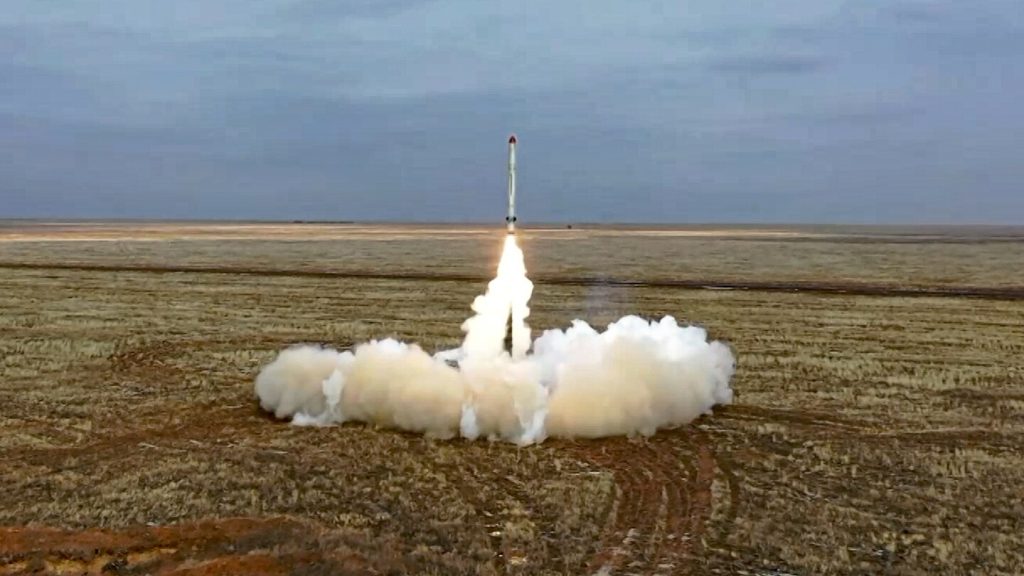Belarus has launched military drills involving missiles and warplanes capable of carrying tactical nuclear weapons in coordination with close ally Russia. The maneuvers come amid rising tensions with the West over the conflict in Ukraine. Last year, Russia deployed some of its tactical nuclear weapons to Belarus, positioning them closer to potential targets in Ukraine and NATO members such as Poland, Latvia, and Lithuania. The Belarusian Defense Minister announced that Iskander short-range missiles and Su-25 fighter jets will participate in the drills, which began as Russian President Vladimir Putin was inaugurated for a fifth term, emphasizing the importance of ensuring Russia’s security.
These drills mark the first public announcement of such exercises by Moscow, simulating the use of battlefield nuclear weapons. Belarus’ authoritarian President Alexander Lukashenko has maintained close ties with Russia and allowed his country to be used as a staging ground for the war in Ukraine. The tactical nuclear weapons deployed to Belarus remain under Russian military control and are intended for use against troops on the battlefield rather than targeting entire cities. This deployment provides Russia with greater capability to target potential adversaries in Eastern and Central Europe, including NATO allies.
Both Putin and Lukashenko have stated that the deployment of Russian tactical nuclear weapons to Belarus is a response to perceived Western threats. Lukashenko has described the drills as defensive in nature, emphasizing that the nuclear weapons are intended to deter aggression against Belarus. The exercises involve the delivery of tactical nuclear weapons from storage to military units, where they will be mounted on missiles and attached to warplanes. Missile units will practice covert deployment to firing positions to simulate a response to a potential attack on Belarus.
Belarus’ opposition leader Sviatlana Tsikhanouskaya, who was forced to leave the country following the 2020 presidential election, met with NATO Secretary General Jens Stoltenberg and condemned the presence of Russian nuclear weapons in Belarus. She warned that the presence of nuclear weapons turns Belarus and its citizens into targets and poses a direct threat to the lives and health of all Europeans. As tensions continue to escalate in the region, with Russia and Belarus conducting joint military drills involving tactical nuclear weapons, concerns grow about the potential for further conflict and the impact on regional security. The deployment of these weapons highlights the complex geopolitical dynamics at play in Eastern Europe, with implications for both Belarus and its neighboring countries.


